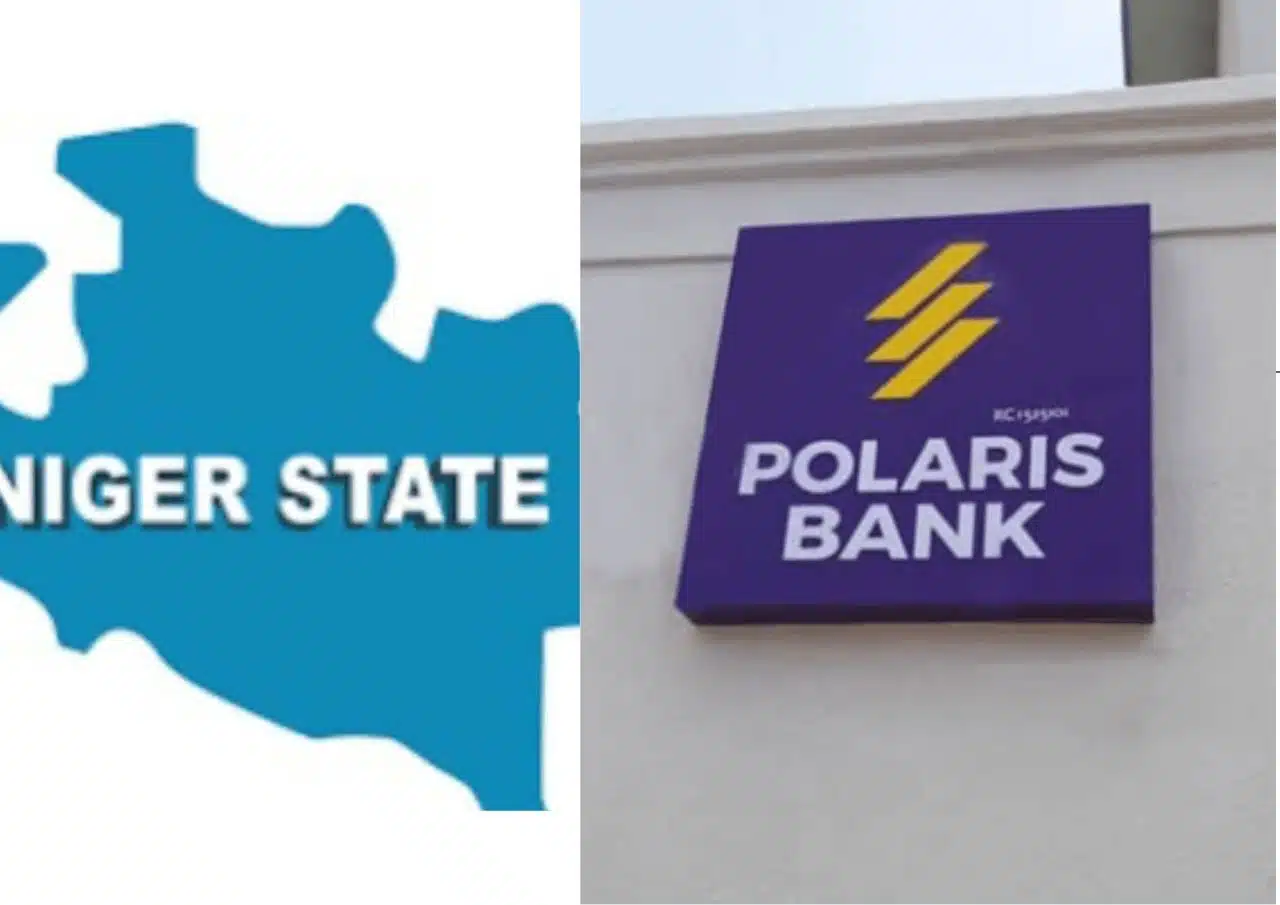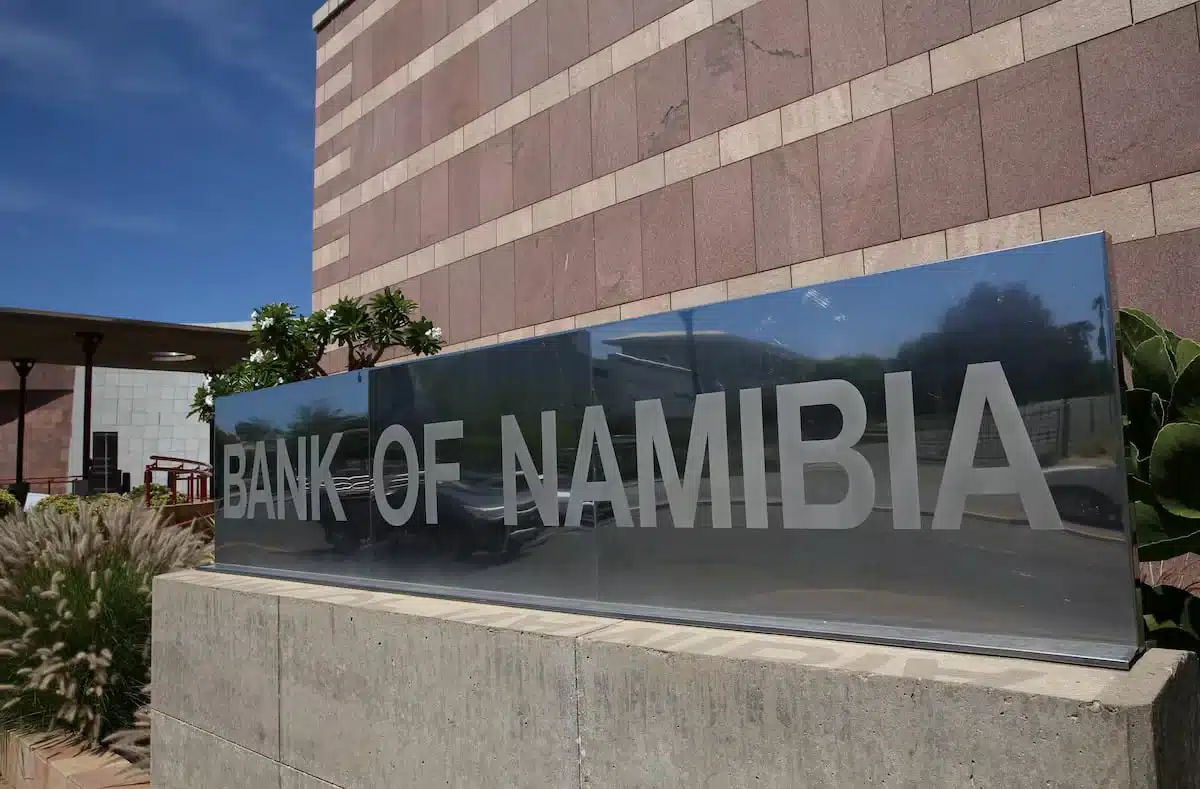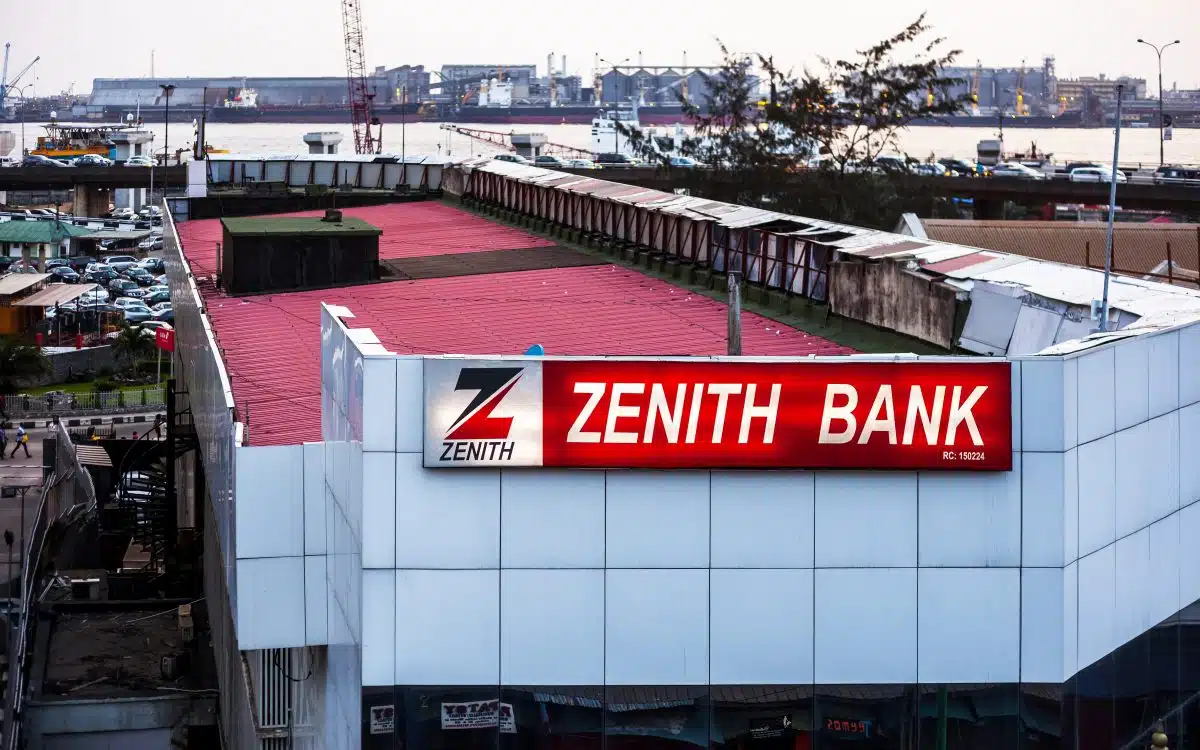Polaris Bank and the Niger State Internal Revenue Service (NIRS) are in court over tax clearance requirements in Nigeria. The NIRS claims the bank failed to request tax clearance certificates (TCCs) from customers applying for foreign exchange between January 2022 and December 2023, as required by Section 85 of the Personal Income Tax Act (PITA).
The tax clearance certificate, which shows that an individual or business has paid their taxes, is required for services like foreign exchange, government contracts, and loans. They help make sure the tax system is fair and increase government revenue
Polaris Bank denies any wrongdoing, arguing that the responsibility for foreign exchange tax clearance falls under the Central Bank of Nigeria (CBN), not state governments. The bank has filed a preliminary objection in the Niger State High Court, calling the case an abuse of legal process.
Polaris Bank also highlighted a related case at the Federal High Court in Abuja, involving 21 banks and 16 states. That case seeks to determine if state governments have the power to demand tax information from banks.
The bank’s lawyer, Usman Sule SAN, said the Niger State case could interfere with the broader Abuja case, which will likely set a national standard for handling tax-related disputes between banks and state governments.
In Niger State, Justice Maimuna Abubakar initially issued an arrest warrant for Polaris Bank’s branch manager for failing to provide the required information. The warrant was later withdrawn, but another remains in place for the bank’s Managing Director.
This case highlights the issue of whether states can demand tax clearance certificates for foreign exchange transactions, or whether this falls solely under federal jurisdiction. The outcome will clarify the roles of state and federal authorities in enforcing tax laws, potentially changing how banks and tax agencies collaborate.






